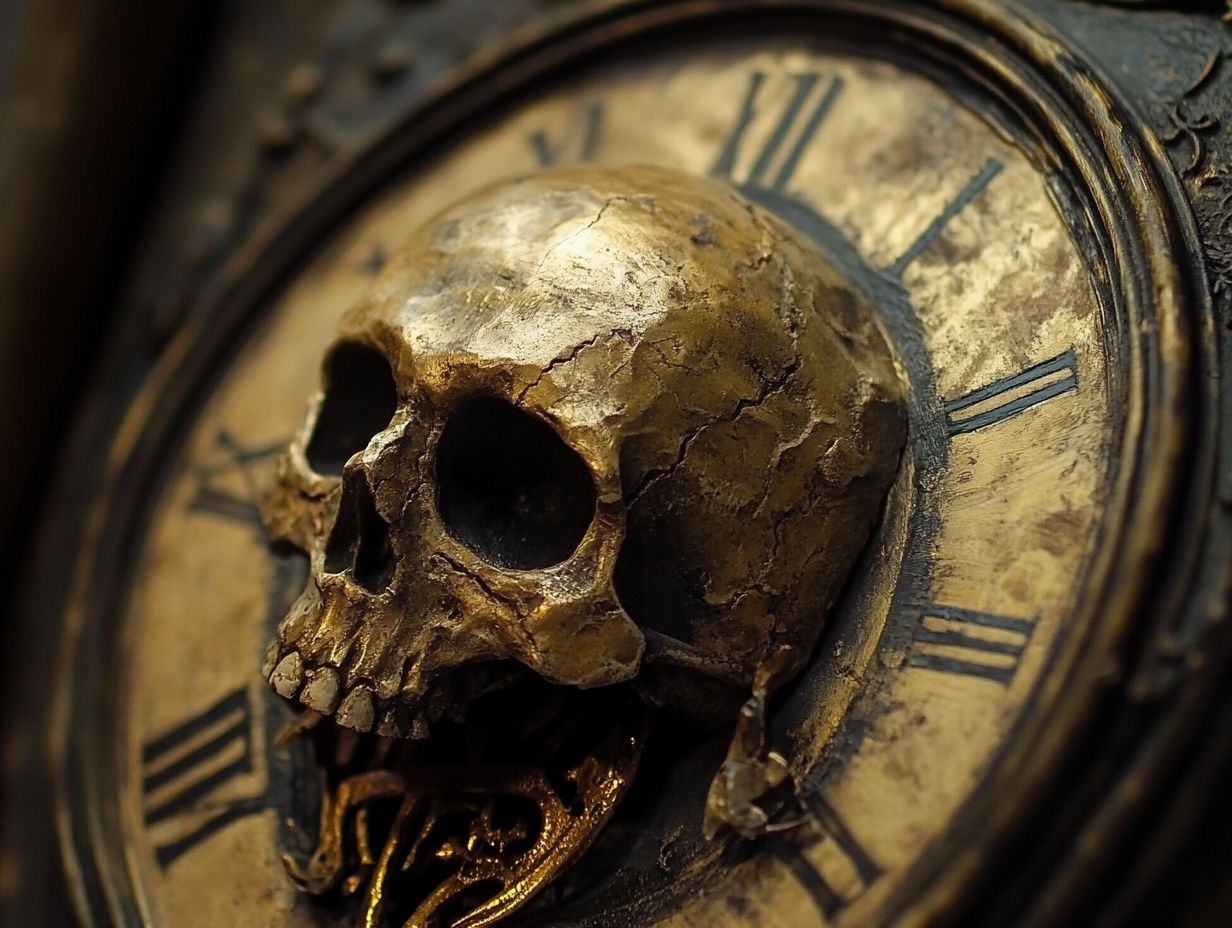The intersection of technology and mortality has always been a thought-provoking and somewhat controversial topic. The latest addition to this field is a mobile application called Death Clock, which predicts the date of its users’ deaths and offers tips to possibly extend their lifespan. While the idea seems far-fetched, it is backed by an Artificial Intelligence (AI) model trained on more than 1,200 life expectancy studies. The question remains, how effective and reliable can an app be at predicting something as uncertain and complex as death? Let’s dive in.
The Death Clock App: An Overview
Developed by Brent Franson, the Death Clock app predicts your estimated date of death based on a detailed questionnaire. This questionnaire includes basic demographic data such as age and gender, but also delves deeper into personal and family medical history, mental health, and chronic conditions. The app’s AI, trained on an extensive database of life expectancy studies, then uses this data to provide a predicted death date. Not only that, but it also offers suggestions on how to potentially live longer by altering lifestyle habits.
Behind the Scenes: The Technology
The AI at the heart of the Death Clock app uses both machine learning and predictive analytics. Machine learning enables the AI to learn from the vast database of life expectancy studies, identifying patterns and correlations between different factors and life expectancy. Predictive analytics, on the other hand, allows the AI to apply these patterns to individual users’ data, providing a personalized death date prediction. The app’s AI is essentially a more advanced version of standard life tables, offering a “pretty significant” improvement according to Franson.
Practical Implications and Uses
The Death Clock app is not just a morbid curiosity or conversation starter. It has practical implications, particularly in the realm of financial planning. As Ryan Zabrowski, a financial planner, points out, “A huge concern for elderly people, our retirees, is outliving their money.” Accurate death date predictions could assist in planning retirement funds, insurance policies, and other financial decisions. This app could potentially change the way we view and plan for the future.
The Ethical Dilemma
While the Death Clock app is technologically impressive and could have practical uses, it also raises ethical questions. Is it right to predict something as personal and profound as death? Could the app cause unnecessary anxiety or harm to its users? While these are valid concerns, the developers have ensured that the app is designed to be a tool for positive change, encouraging healthier habits and better financial planning. Nonetheless, as with any technology dealing with sensitive personal data, user consent and data privacy are of paramount importance.
Conclusion
In the rapidly evolving world of technology, the Death Clock app stands out as a bold and innovative concept. It represents an interesting fusion of AI, health data, and financial planning. While it’s hard to say how accurate its predictions will be in the long run, it certainly sparks conversation and thought about our mortality and how we can best prepare for the future.

